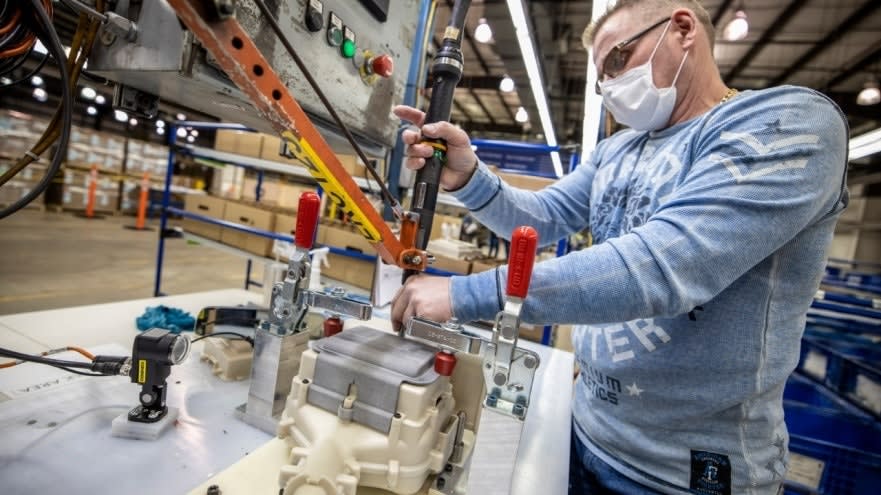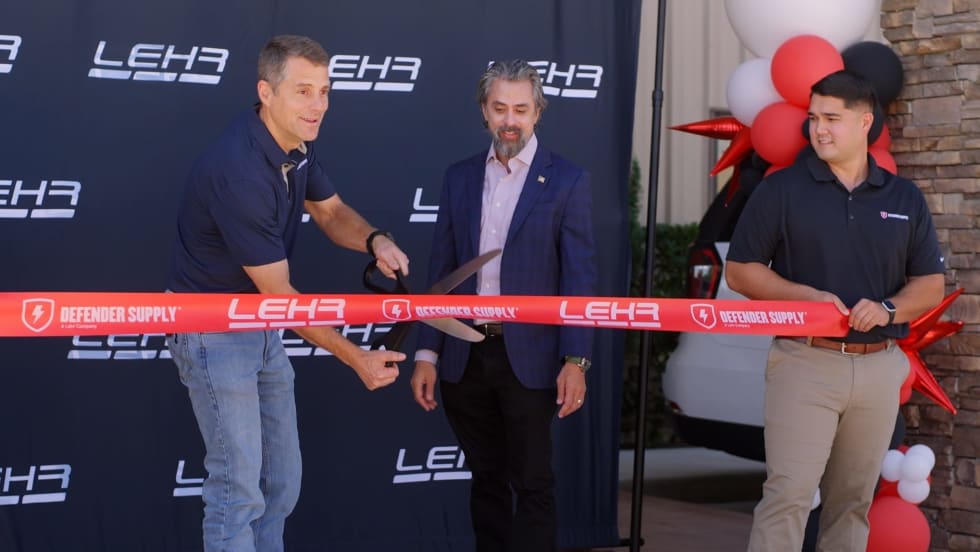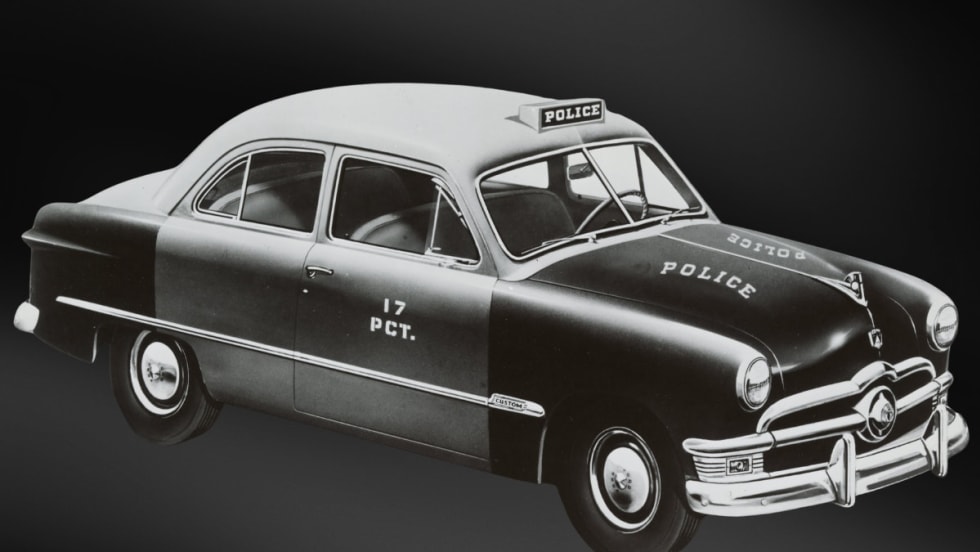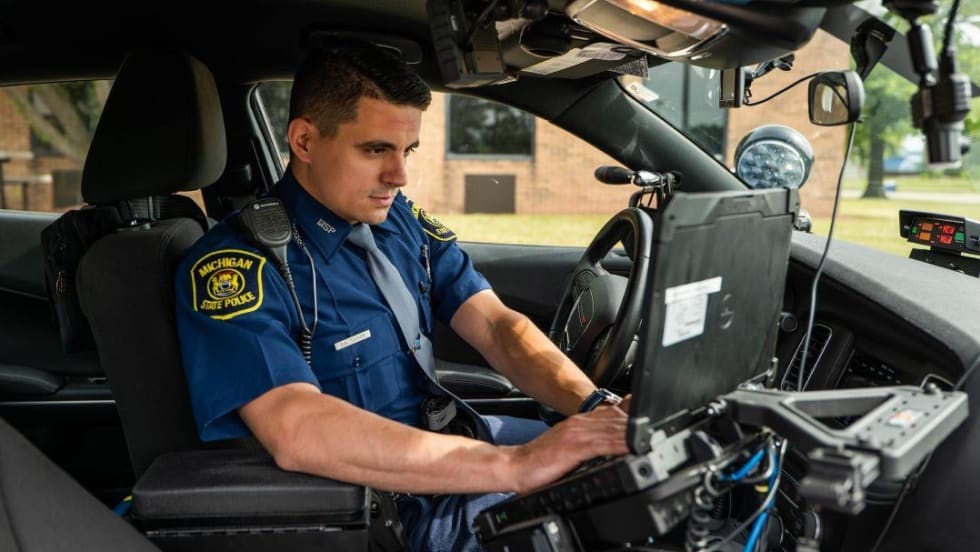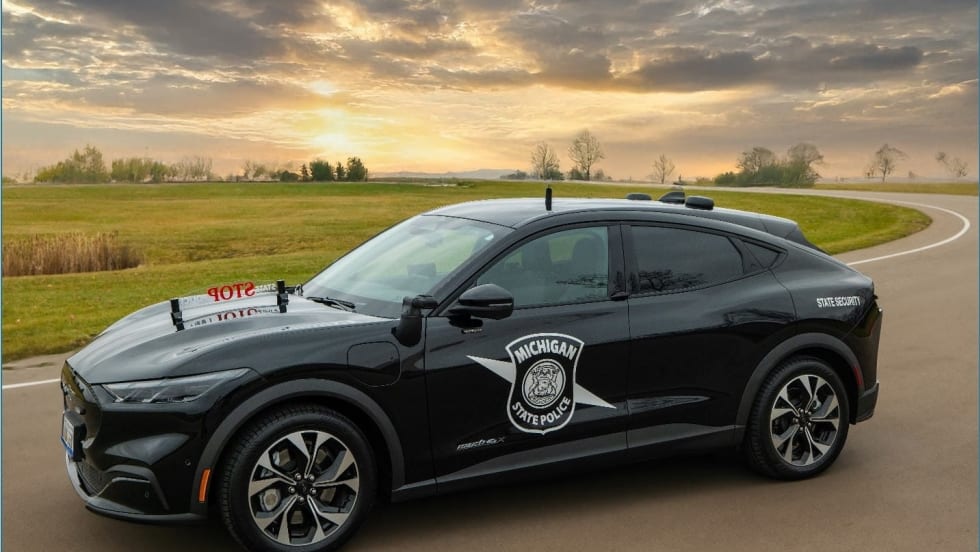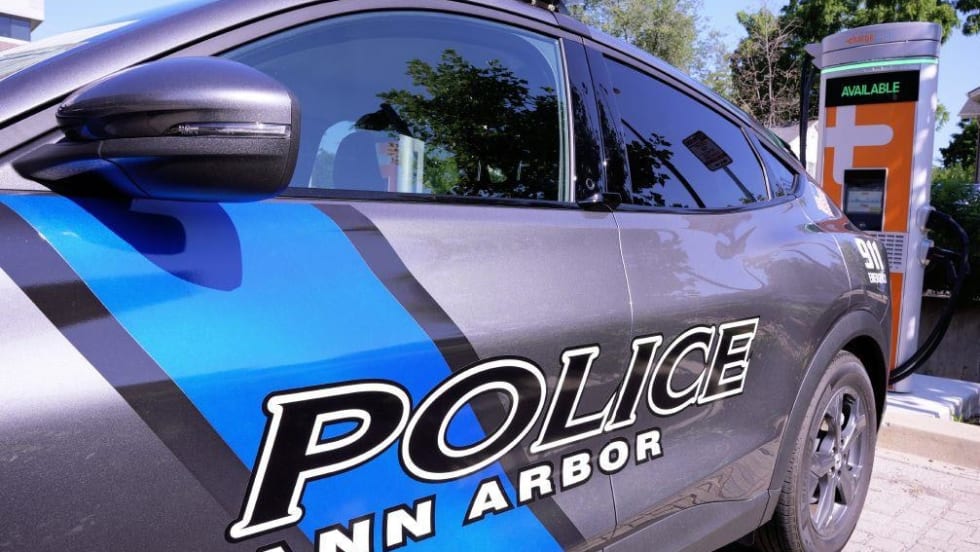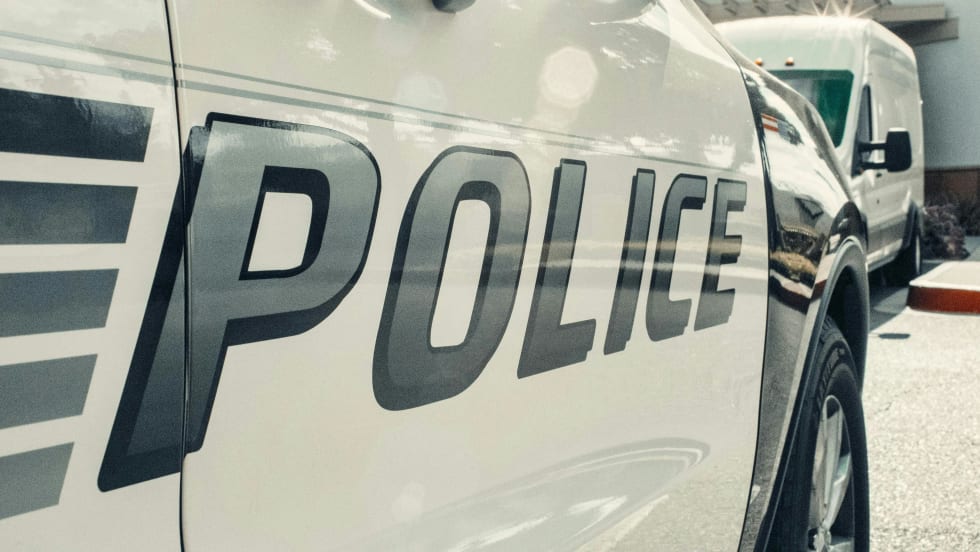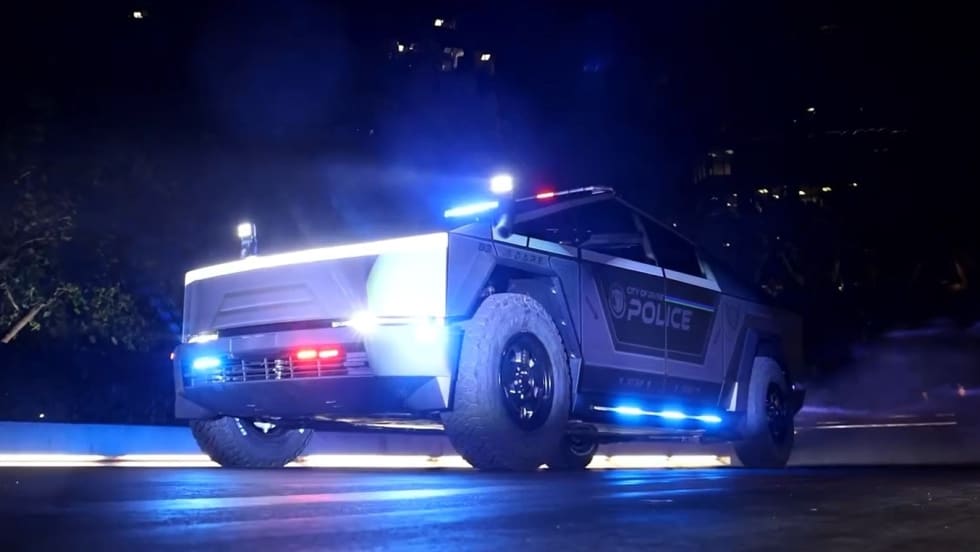In a separate effort, 500,000 reusable medical gowns distributed by Ford will soon be on their way to the state of New Jersey.
“Ford could not stand by while health care workers in this country placed their lives on the line to help others without even having proper protection,” said Jim Baumbick, vice president, Ford Enterprise Product Line Management. “That’s why we kicked off an all-out sprint to protect those who are so selflessly helping patients afflicted with this terrible virus.”
“We are dedicated to helping support and protect the health care workers fighting COVID-19,” said Bernard Cicut, vice president, 3M Personal Safety Division. “We thank Ford for partnering with us to quickly develop and deliver more of these critical health care supplies to the heroes working on the frontlines of this unprecedented health crisis.”
3M is a leading provider of personal protective equipment, including powered air-purifying respirators. Demand for 3M PAPRs is exceeding supply due to the COVID-19 pandemic. Through partnerships with companies like Ford and others, 3M plans to increase capacity of its own PAPRs by ten-fold within the next several months.
Ford and 3M have worked closely with Ford’s automotive supply chain to progress the new PAPR from idea to product in fewer than 40 days.


